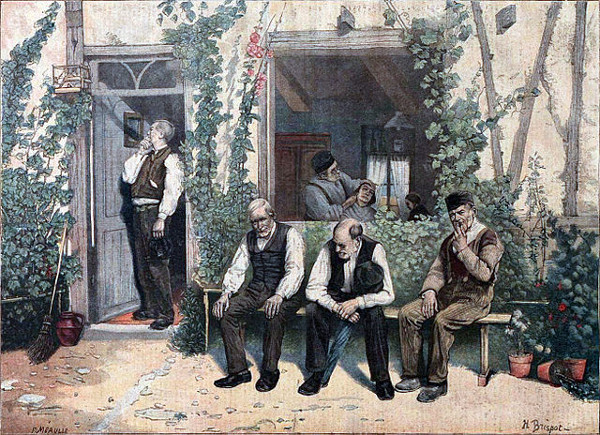
In 1894 Lewis Carroll published a conundrum that, he wrote, presents “a very real difficulty in the Theory of Hypotheticals.” Suppose that Allen, Brown, and Carr run a shop. At least one of them must always be present to mind the shop, and whenever Allen leaves he always takes Brown with him. Now, suppose that Carr is out. In that case then if Allen is out then Brown must be in, in order to tend the shop. But we know that this isn’t true — we’ve been told that whenever Allen is out then Brown is out.
Since the supposition that Carr is out leads to a falsehood, then it must itself be false. Confusingly, the laws of logic seem to require that Carr never leave the shop.
“I greatly hope that some of the readers of Mind who take an interest in logic will assist in clearing up these curious difficulties,” Carroll wrote. Modern logicians would say that this is a simple error in reasoning, rather than a logical disaster. But what is the error?
